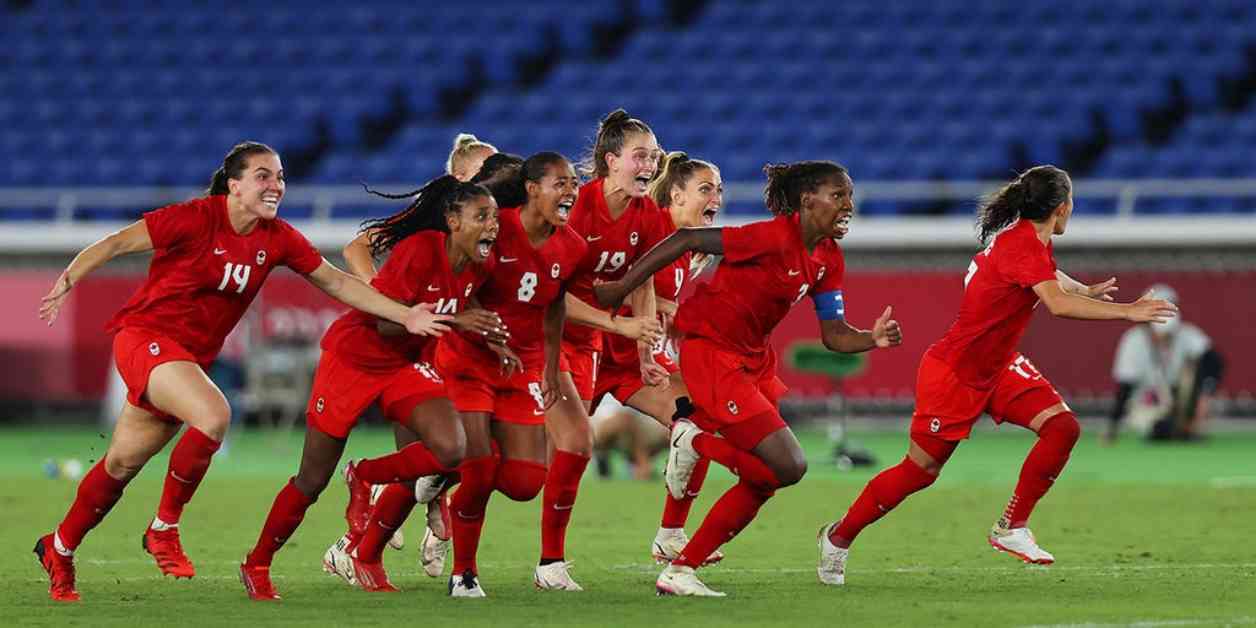The recent scandal surrounding the Canadian women’s soccer team has led to the removal of head coach Bev Priestman after it was discovered that analyst Joseph Lombardi had used a drone to spy on New Zealand’s practice sessions. This scandal could have far-reaching implications beyond just the Paris 2024 Olympics.
Canada Soccer CEO Kevin Blue revealed that there may have been previous instances of unethical recordings of opponents, dating back before the Paris Olympics. As a result, Bev Priestman has been suspended for the remainder of the Paris 2024 Olympic Games pending an independent external review.
The women’s team, who won gold in Tokyo, started off their Paris campaign with a win against New Zealand before Priestman’s dismissal. Canadian Olympic Committee CEO David Shoemaker expressed concerns about the potential tarnishing of their gold medal performance in Tokyo due to the drone scandal.
Shoemaker hinted that Priestman was likely aware of the drone usage, and investigations are ongoing to determine the extent of the spying. While there is no concrete evidence of a pattern of spying, officials have pointed to multiple instances, including an incident involving the men’s national team at Copa América.
It is important to note that the players on the women’s team were not involved in any unethical behavior themselves. The Canadian Olympic Committee, FIFA, and the IOC are all conducting investigations into the matter to ensure the integrity of the sport is upheld.
As the situation unfolds, it raises questions about the ethical boundaries in sports and the importance of fair play. The outcome of the investigations will determine the future of those involved and could have a lasting impact on Canada’s reputation in international soccer.
In the midst of this scandal, it is crucial for all parties to remain transparent and accountable for their actions. The integrity of the sport and the spirit of fair competition must be preserved to uphold the values of the Olympic Games.


















